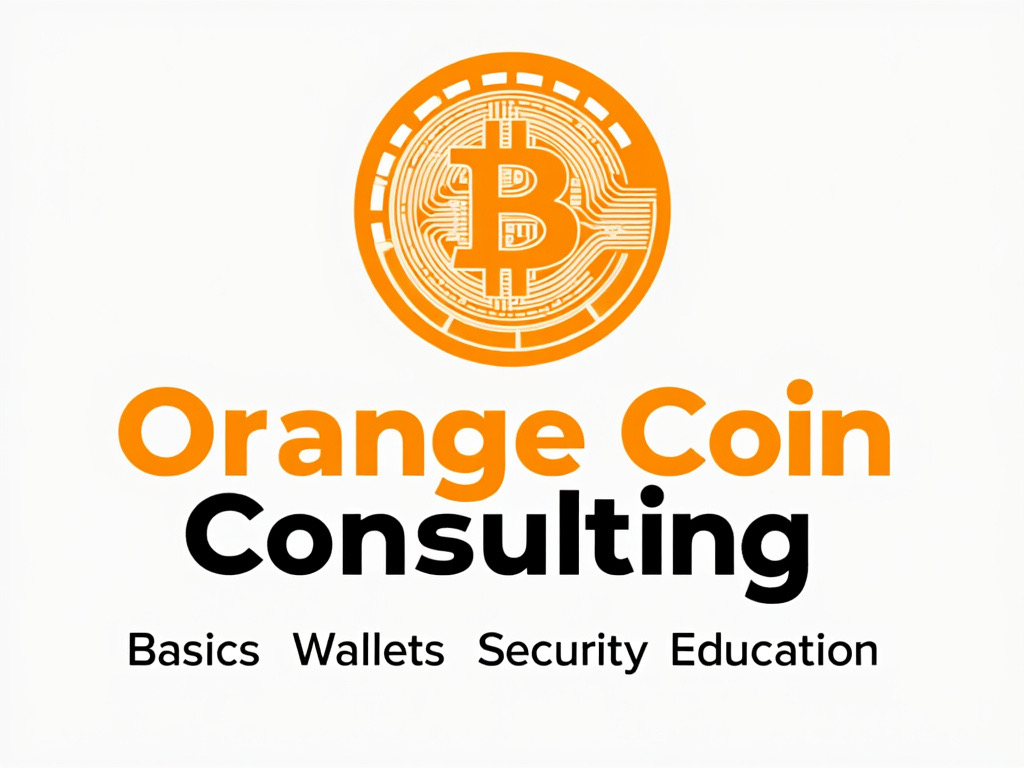
Bitcoin: The Best Form of Money for All Religions?
- Greg Stetz
- Mar 15
- 3 min read
Bitcoin: The Best Form of Money for All Religions?
Posted on March 15, 2025 by Orange Coin Consulting
In a world divided by beliefs but united by the need for fair and transparent systems, could Bitcoin emerge as the ultimate form of money for all religions? At Orange Coin Consulting, we’re diving into this question, exploring how Bitcoin aligns with universal values of fairness, decentralization, and ethical finance. From its potential as a Halal currency to its rejection of usury, Bitcoin might just bridge the gap between faith and finance. Let’s break it down.
What Makes Money “Religious-Friendly”?
Across religions, money is more than a tool—it’s a system tied to ethics. Christianity warns against greed and exploitation (1 Timothy 6:10), Islam demands Halal (permissible) and non-usurious transactions, Judaism emphasizes just weights and measures (Leviticus 19:35-36), and Buddhism advocates for non-harmful economic practices. A unifying thread? Money should be fair, transparent, and free from manipulation.
Enter Bitcoin: a decentralized digital currency powered by blockchain technology. With no central authority, fixed supply, and transparent ledger, Bitcoin challenges traditional fiat systems. But does it meet the ethical standards of the world’s major religions?
Is Bitcoin Halal? An Islamic Perspective
For Muslims, money must comply with Shariah law. Two key principles stand out: it must be Halal (permissible) and free from riba (usury or interest). So, is Bitcoin Halal?
• Halal Status: Scholars are split. Some argue Bitcoin’s lack of physical form and speculative nature make it questionable, akin to gambling (maysir). Others, like Mufti Faraz Adam, suggest it’s permissible as a digital asset with intrinsic value, provided it’s used for lawful purposes. Since Bitcoin isn’t tied to haram industries (e.g., alcohol or pork) by default, its Halal status often depends on intent and use—much like gold or cash.
• No Riba: Bitcoin shines here. Unlike banks that profit from interest, Bitcoin operates peer-to-peer. There’s no intermediary charging riba. Transactions are direct, aligning with Islamic finance’s emphasis on equity over exploitation.
For Muslims seeking a Shariah-compliant currency, Bitcoin’s decentralized nature and lack of usury make it a compelling case—though consulting a scholar for personal rulings is wise.
Bitcoin and Non-Usury: A Universal Appeal
Usury—profiting excessively from lending—has been condemned across faiths. Christianity’s medieval bans on interest (e.g., Council of Nicaea) echo Islam’s riba prohibition, while Jewish law restricts usury among believers (Exodus 22:25). Even secular ethics often critique debt-based systems that trap the poor.
Traditional banking thrives on interest, creating money through debt and central control. Bitcoin flips this script:
• No Interest: Bitcoin isn’t lent into existence; it’s mined via proof-of-work, with a capped supply of 21 million coins.
• Decentralization: No central bank manipulates its value, reducing the risk of exploitative inflation.
• Transparency: Every transaction is public on the blockchain, fostering trust.
This non-usurious structure resonates with religious and ethical calls for justice in finance, making Bitcoin a candidate for cross-faith adoption.
Bitcoin Across Religions: A Unifying Force?
• Christianity: Bitcoin’s resistance to centralized greed aligns with teachings against “love of money.” Its fixed supply counters inflationary policies that erode savings, protecting the vulnerable.
• Judaism: The blockchain’s immutable record reflects “just weights and measures,” ensuring honesty in trade.
• Buddhism: Bitcoin’s potential to reduce reliance on exploitative systems supports non-harmful economics, though its energy-intensive mining raises environmental questions—a challenge being addressed by greener initiatives.
• Hinduism: While less prescriptive about money, Hinduism’s focus on dharma (righteous duty) could embrace Bitcoin’s fairness and lack of coercion.
Why Bitcoin Could Be the Best Money for All
Bitcoin isn’t perfect—volatility and adoption hurdles persist—but its core traits align with religious ethics:
1. Fixed Supply: No infinite printing, preserving value.
2. No Middlemen: Direct transactions cut out exploitative intermediaries.
3. Global Access: A borderless currency for the unbanked, aligning with charity and inclusion.
Imagine a world where a Christian merchant, Muslim investor, Jewish lender, and Buddhist artisan all trade with the same ethical currency. Bitcoin’s universality could make this real.
Final Thoughts
At Orange Coin Consulting, we believe Bitcoin isn’t just a financial revolution—it’s a philosophical one. It’s Halal-friendly for Muslims avoiding riba, non-usurious for Christians and Jews seeking fairness, and equitable for all faiths valuing transparency. While not a religious mandate, Bitcoin offers a system that respects ethical boundaries across beliefs.
What do you think? Could Bitcoin unite us where fiat divides? Drop your thoughts below, and let’s explore this future together.







Comments